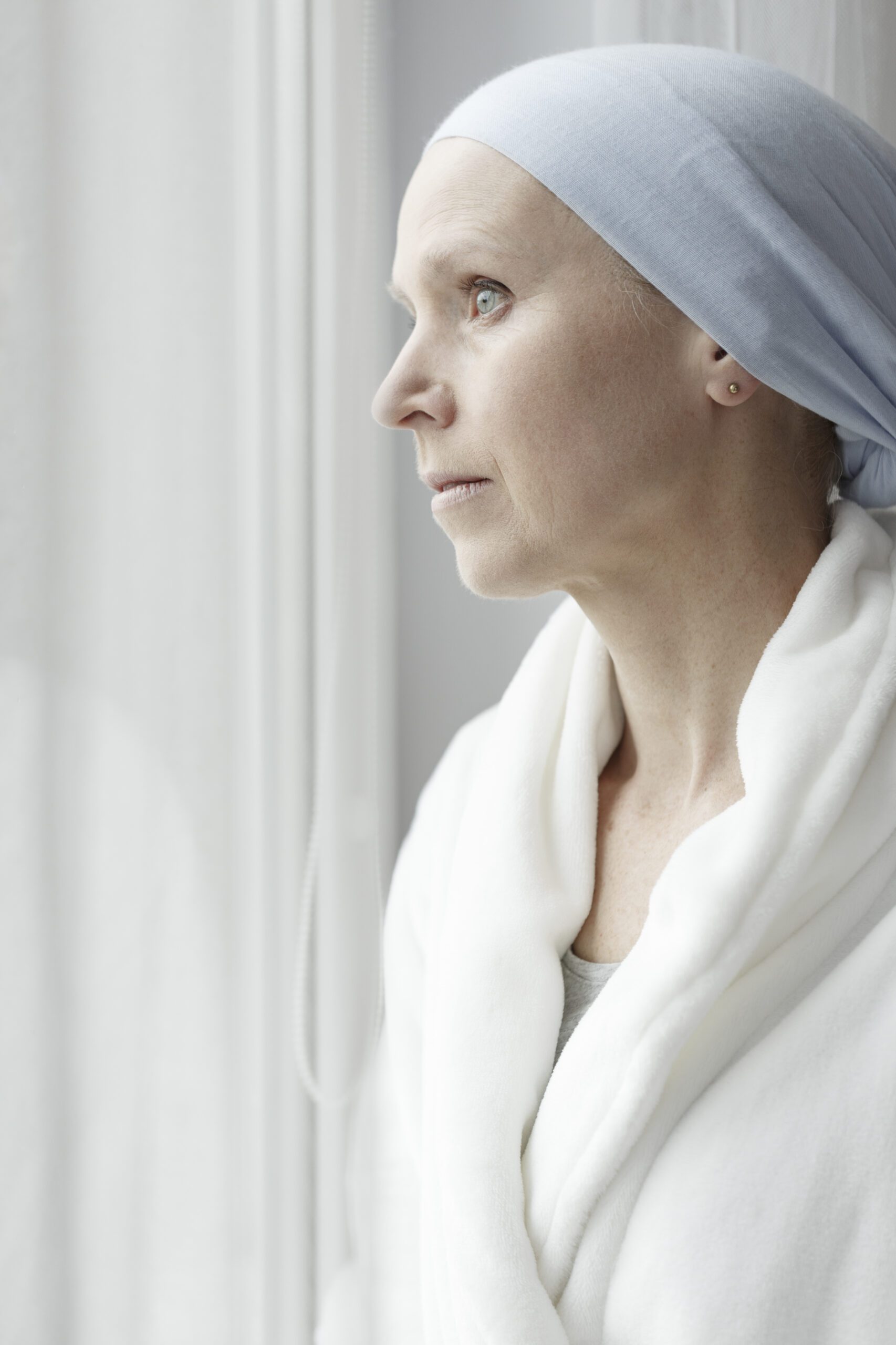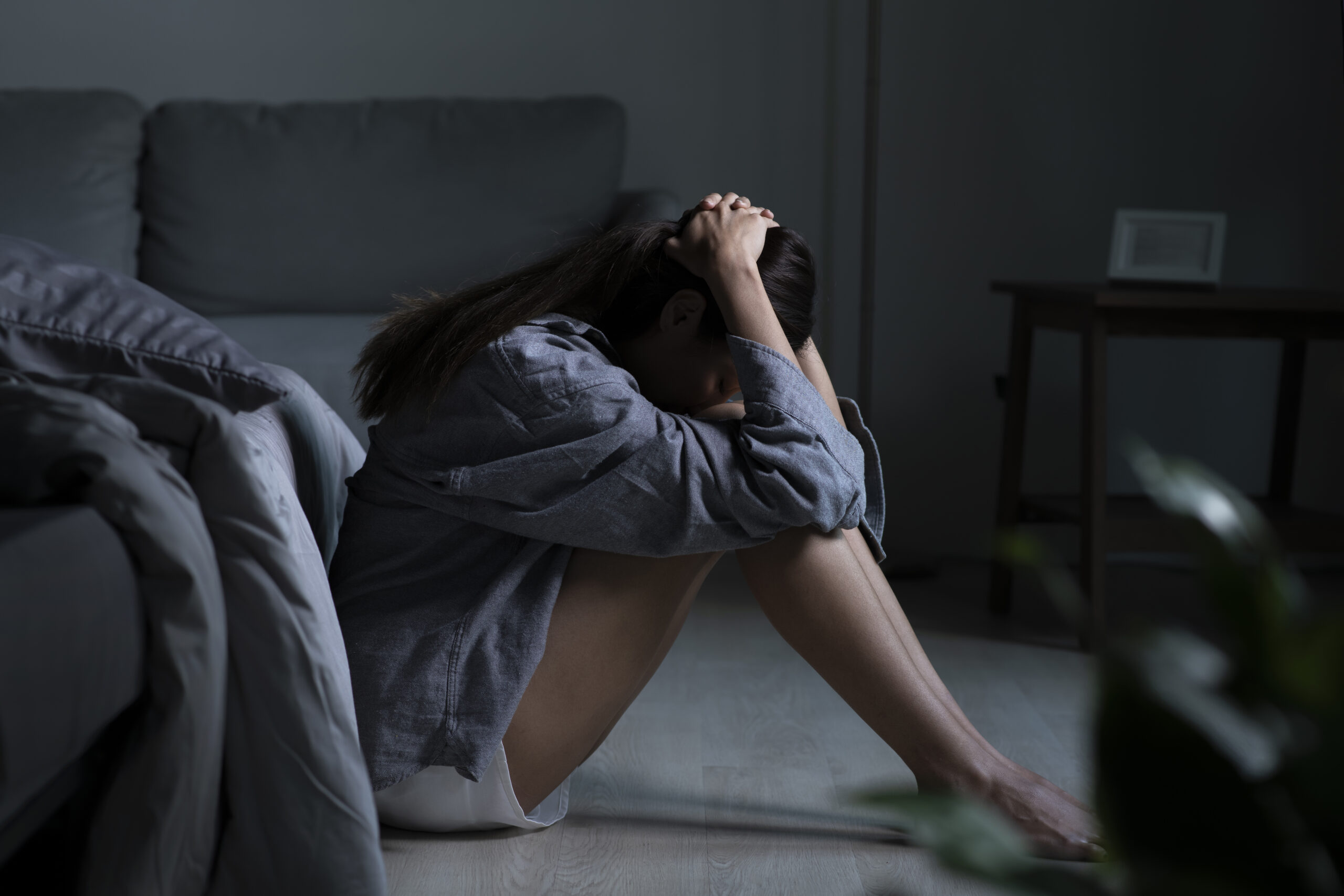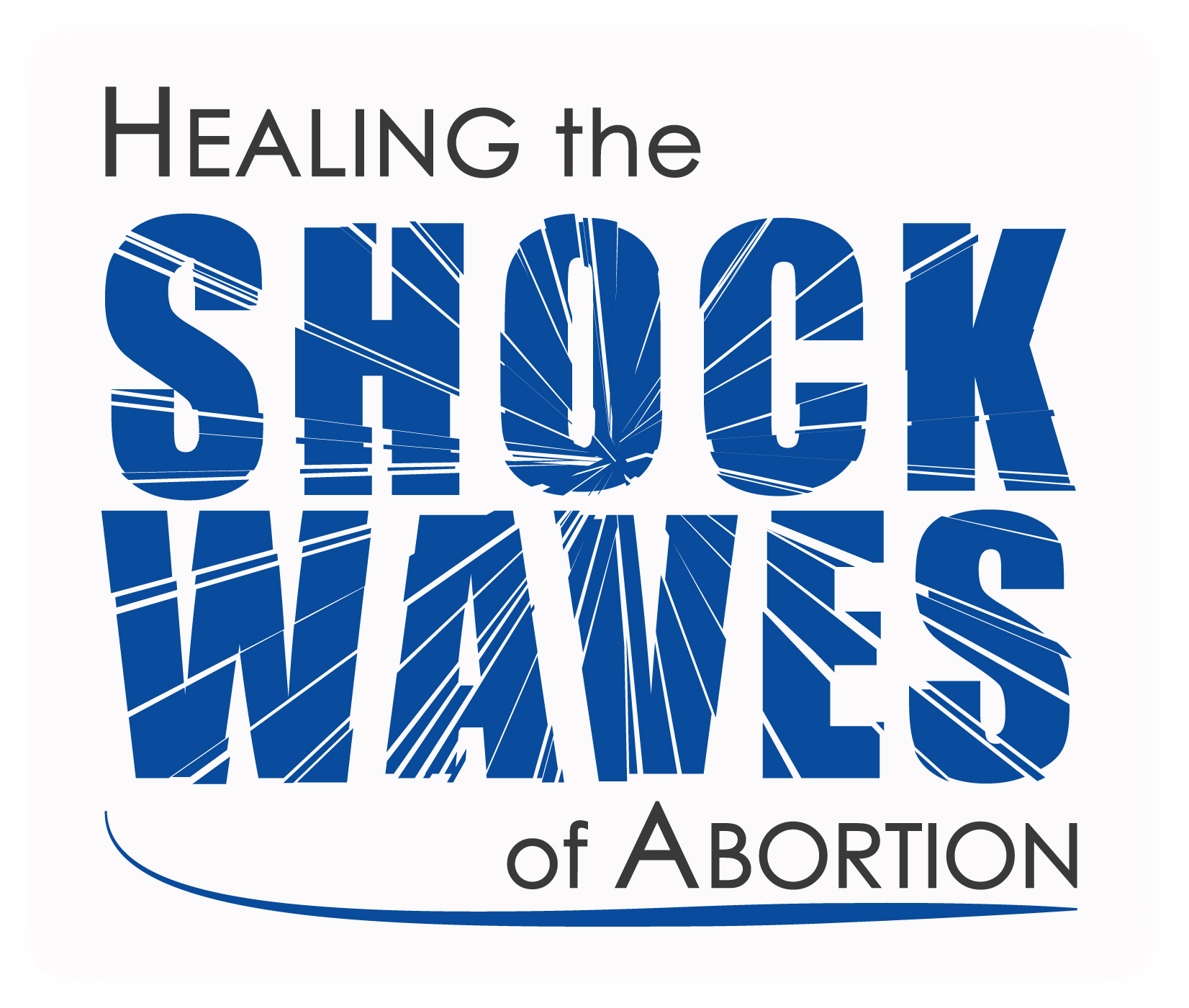Physical Complications of Abortion
Abortions don’t just physically hurt the unborn child, but also the mother. In the United States, approximately 10% of women experience complications from abortion.
Here are just a number of ways abortion negatively impacts the body:
-
- Abortion can also cause infertility, a long-term complication that often goes undetected for many years. Women who have had abortions have a higher risk of developing breast, cervical, ovarian, and rectal cancer. Although not all incidents of breast cancer are connected to abortion, it’s important that women with past abortions have regular mammograms. For more information, we recommend the Breast Cancer Prevention Institute.
- Physical problems like infection, uterine perforation, hemorrhaging, and cervical trauma, while many others experience emotional problems such as depression, nightmares, substance abuse, and numbing.
- Women who undergo an abortion have suicide risks six times greater than women who have given birth to a child.
- According to a 2011 study from Britain’s Royal College of Psychiatrists, women who have abortions are 81% more likely to experience subsequent mental health problems.


Abortion Complications by the Numbers
A mother who experiences a second-trimester miscarriage has an increased risk of breast cancer.
The longer a woman is pregnant before an induced abortion, the more cancer-vulnerable Type 1 and Type 2 lobules she will develop, and the higher will be her risk for breast cancer.
Abortion and Men
It is not unusual for men to feel sadness, depression, suicidal thoughts, or anxiety after abortion or to mourn their lost fatherhood. These feelings can be complicated if he encouraged or even coerced the woman into having an abortion. Often times, these feelings are not temporary and can influence his family relationships, emotional, and spiritual health.
Help After Abortion
Abortion aftercare programs were created to bring help and healing to women and men suffering from abortion regret. Although there are many different programs, almost all programs help women and men to acknowledge and grieve their aborted child and share with them the forgiveness given freely to them by God.
Shockwaves of Abortion
Although women who’ve had abortions are obviously impacted, those closely associated with the abortion decision and procedure, such as grandparents, friends, abortion doctors, or pregnancy center workers, can also experience a variety of after-effects that trigger a series of physical, emotional, and spiritual shockwaves. The Silent No More Awareness Campaign (SNM) provides helpful resources and information for everyone involved in the abortion through the Healing the Shockwaves of Abortion Initiative.



